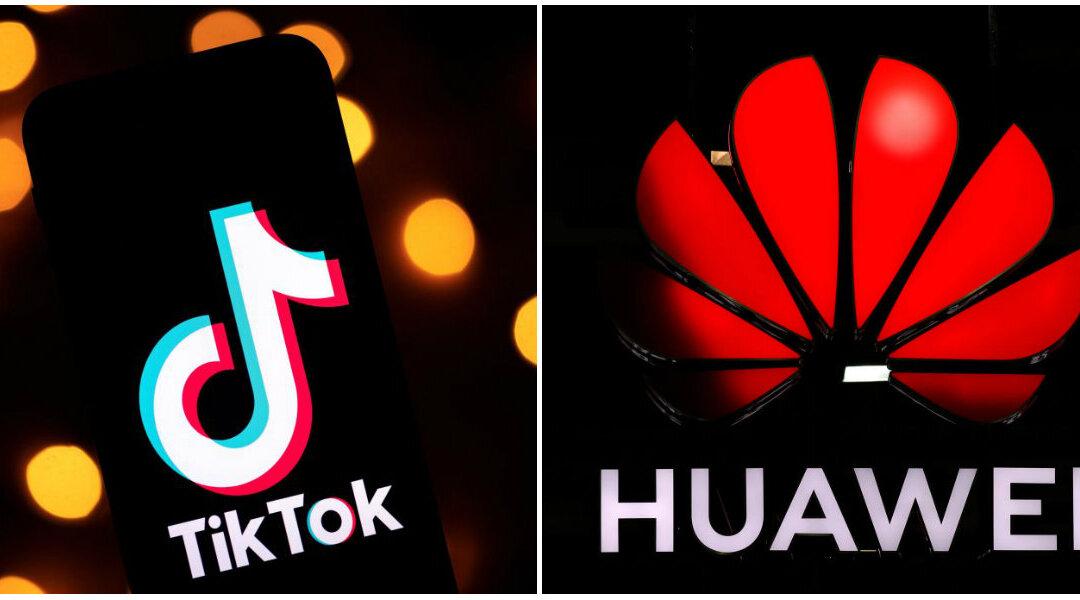A recent report is shedding light on the roles of Chinese tech giants ByteDance and Huawei in facilitating rights abuses against Muslim minorities in the region of Xinjiang.
A Nov. 28 report by Canberra-based think tank Australian Strategic Policy Institute (ASPI), titled “Mapping More of China’s Tech Giants: AI and Surveillance,” warns that many Chinese tech companies aren’t “politically neutral actors.”




